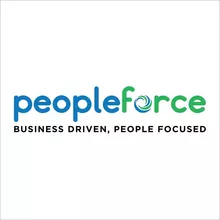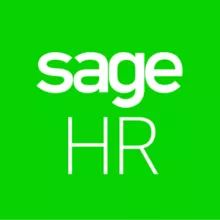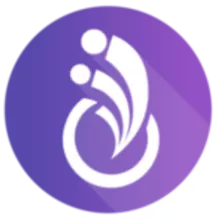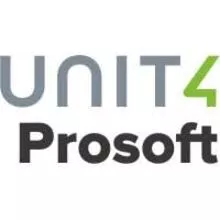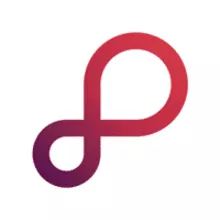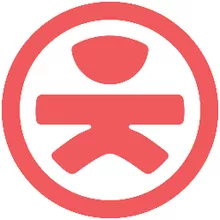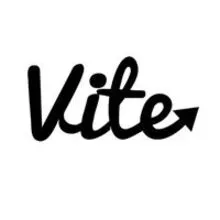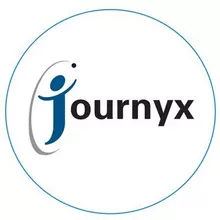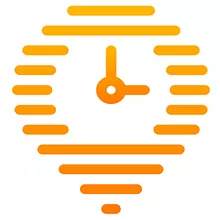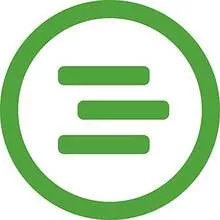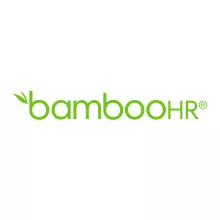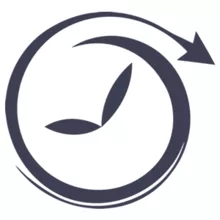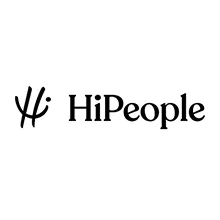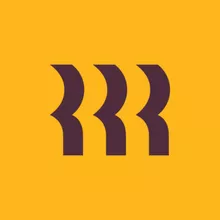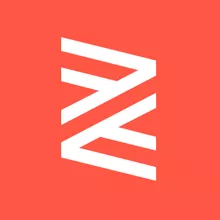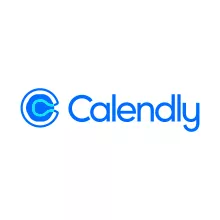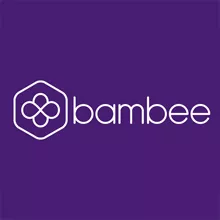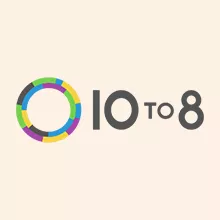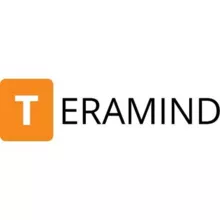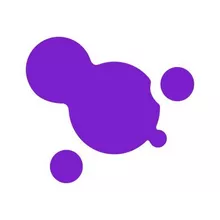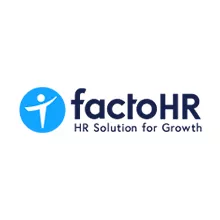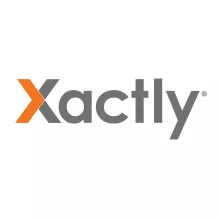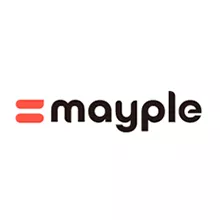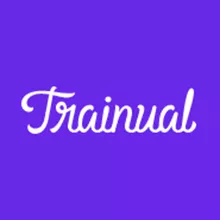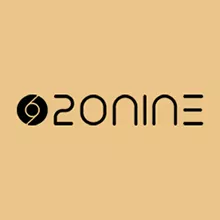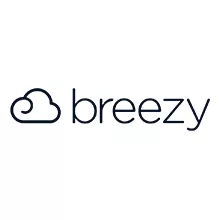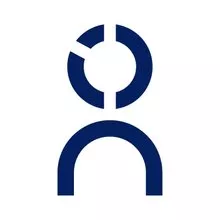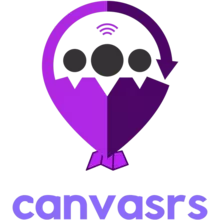Employee engagement and motivation platform
Overview
A human resource is a member of a company's overall workforce who contributes their skills and talents to assist the firm in prospering. A human resource is willing to provide their work, knowledge, or time in exchange for monetary compensation to help a firm flourish. It makes no difference whether they are part-time, full-time, freelance, or contract employees.
Employees must be recruited, hired, satisfied, motivated, developed, and kept. Therefore, the department that administers a company's human resources is the human resources department. Humans require more management and a different approach than other resources, so having an entire department dedicated to them is beneficial.
Any situation can be handled by the human resources department, whether resolving interpersonal disputes or putting together a retirement plan.
|
KEY TAKEAWAYS
|
What Is the Role of Human Resources?
The purpose of human resources is to get the most out of a company's employees. Therefore, compensation and benefits are topics that human resources may deal with.
- Employee recruitment and hiring
- Onboarding
- Management of performance
- Training
- Organizational growth and culture
Each of these factors influence employee satisfaction and performance. Human resources may assure a high-functioning and effective workforce by attending to these many problems, which helps the organization achieve its aim and objectives more efficiently.
In addition, the human resources department ensures that the company complies with labour regulations and strives to keep the workplace harassment-free and other hurdles to a productive workforce.
Essential Functions of Human Resources
HR serves a variety of vital roles in the organization. Recruitment, performance management, learning and development, and many others are among them. Here are the 12 most important HRM functions.
- Human resource planning
- Recruitment and selection
- Performance management
- Learning and development
- Career planning
- Function evaluation
- Rewards
- Industrial relations
- Employee participation and communication
- Health and safety
- Personal wellbeing
- Administrative responsibilities
Take a look to know more about the exciting functions of Human Resource Management.
HRSM- Human Resource Management Software
Today's HR work is more sophisticated and involved than ever. A lot goes into employee data management, which is utilised for anything from recruiting and hiring to training and evaluations, among other things.
Many businesses now utilise HRMS (Human Resource Management System) software to combine human resource management and information technology. HRMS can be used for candidate recruitment, payroll management, leave approval, succession planning, attendance tracking, career progression, performance reviews, and overall employee information management within a company.
Here’s a list of the best Human Resource Management software for your business.
“Human Resources isn’t a thing we do. It’s the thing that runs our business.”
—Steve Wynn


